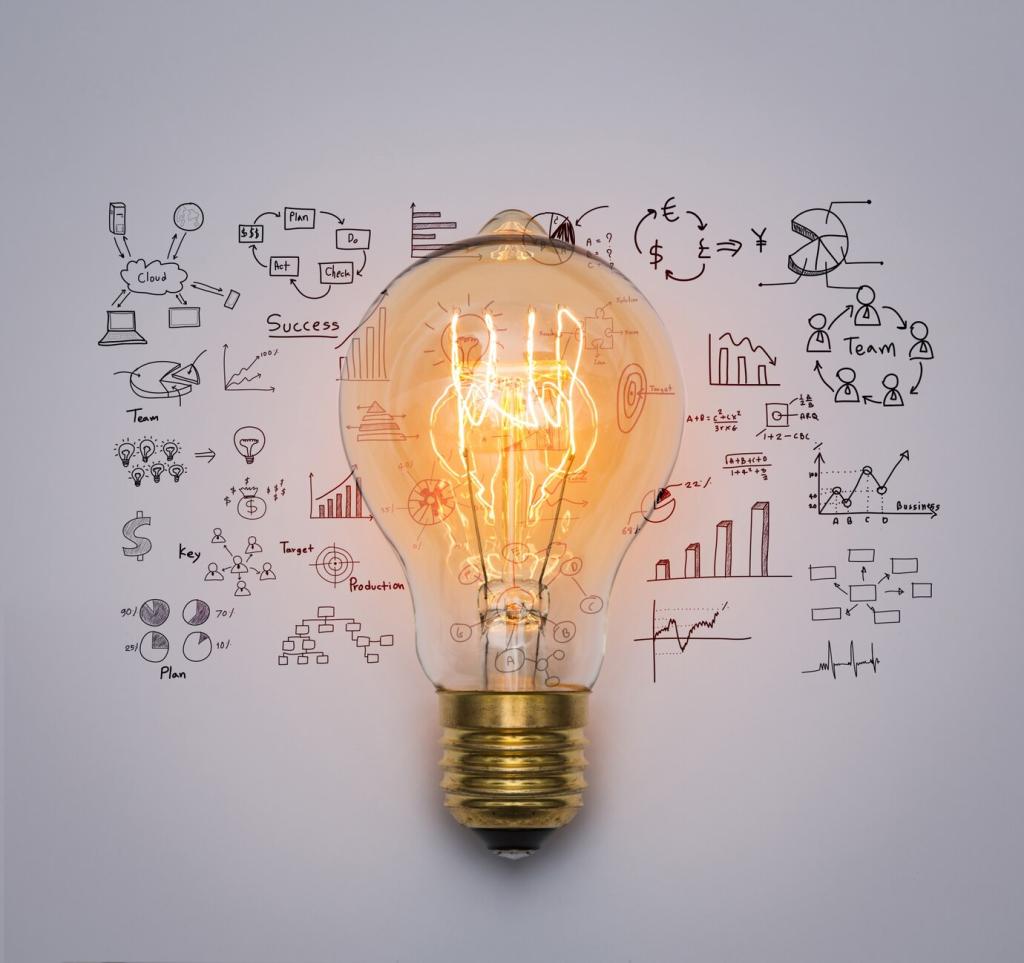Future of Artificial Intelligence in Everyday Life
Enhanced Home Experiences
Intelligent Personal Assistants
AI-powered personal assistants are advancing from simple voice-command devices to fully integrated digital companions. These systems will soon be capable of anticipating needs, managing schedules, and even offering mental health support based on emotional cues. By learning user habits and preferences, they will provide tailored recommendations for everything from recipes to relaxation techniques, turning homes into truly interactive, responsive spaces where technology works harmoniously with daily life.


Smart Home Security
Security solutions within the home are set to become remarkably sophisticated thanks to AI. Facial recognition, anomaly detection, and predictive analytics will enable security systems to distinguish between family members, guests, and potential threats in real time. These advancements will not only deter intruders but also reduce false alarms, providing peace of mind and enhanced protection without sacrificing convenience or privacy.
Medical diagnostics are becoming increasingly reliant on AI to analyze complex data such as medical images, genetic profiles, and patient histories. AI algorithms can detect patterns and anomalies far more quickly and accurately than traditional methods. This capability promises earlier detection of diseases like cancer or heart conditions, enabling timely intervention and significantly improving survival rates and quality of life for patients.
Revolutionizing Healthcare
Shaping Work and Productivity
Task Automation
AI has the potential to automate repetitive and time-consuming tasks across multiple industries. From data entry and scheduling to supply chain management, machine learning algorithms can handle routine work with speed and accuracy, freeing human workers for more creative and complex endeavors. This shift allows organizations to allocate resources more effectively and fosters a workplace atmosphere focused on innovation and problem-solving.
Collaboration Tools
In the future, AI-driven collaboration platforms will understand team dynamics, manage project workflows, and even mediate conflicts. By analyzing communication patterns and task progress, these tools can suggest optimal meeting times, highlight priority assignments, and facilitate knowledge sharing across distributed teams. Such advancements make teamwork more intuitive and productive, regardless of physical location.
Upskilling the Workforce
As artificial intelligence automates certain functions, workers will need to adapt by acquiring new skills that complement and extend human-machine collaboration. AI-powered educational platforms will identify skill gaps, recommend personalized learning paths, and provide interactive simulations to accelerate training. This ongoing support ensures that employees can remain competitive and thrive in an increasingly automated economy.
Transportation and Mobility
01
Autonomous Vehicles
Self-driving cars and trucks are among the most visible applications of AI in daily life. In the near future, these vehicles will navigate complex traffic conditions, optimize routes in real time, and eliminate many accidents caused by human error. Autonomous transportation promises greater accessibility for the elderly and individuals with disabilities, as well as reduced congestion and pollution in our cities.
02
Intelligent Route Planning
AI will revolutionize how we plan journeys, not just for cars but for all forms of transportation. By analyzing real-time data from traffic patterns, public transit systems, and environmental conditions, AI can suggest the fastest and most efficient routes. These recommendations will minimize travel time, reduce stress, and enhance overall commuting experiences for millions of people.
03
Mobility-as-a-Service
The concept of Mobility-as-a-Service (MaaS) integrates various transportation options—including public transit, ride-sharing, and bike rentals—into a seamless, personalized offering. AI-driven platforms will coordinate schedules, payments, and vehicle availability based on user preferences and travel history. This holistic approach streamlines mobility, supports sustainable transportation choices, and adapts transit options dynamically to real-world needs.

Personalized Education
AI-powered adaptive learning platforms continuously analyze student performance to deliver personalized lessons, exercises, and assessments. By identifying areas of strength and weakness, these systems adjust the pace and complexity of material in real time. This individualized approach maximizes student engagement, accelerates understanding, and reduces frustration for learners of all ages and backgrounds.
Entertainment and Leisure
Custom Content Recommendations
Streaming services and digital platforms will use advanced AI to analyze viewing habits, preferences, and even emotional reactions. This information allows them to curate recommendations with an uncanny level of accuracy, ensuring users discover music, shows, and movies that perfectly match their current mood and interests. Over time, these systems will evolve, making entertainment consumption delightfully effortless and endlessly varied.
Interactive Gaming Experiences
The future of gaming lies in experiences that are not just visually stunning but also dynamically responsive. AI-driven opponents, intricate storylines shaped by player choice, and environments that evolve based on user actions will redefine what it means to play. Artificial intelligence will also power adaptive difficulty settings and customized quests, making games uniquely challenging and engaging for every individual.
AI in Creative Arts
AI is not only refining consumption but also the production of art, music, and literature. These creative algorithms can generate original compositions, assist writers in brainstorming, and even collaborate with artists to produce innovative works. By augmenting human creativity, AI expands the boundaries of artistic expression, making the arts more accessible and interactive for creators and audiences alike.
Smart Financial Management
AI-driven financial advisors will soon offer tailored guidance to help users achieve their goals, be it saving for retirement, budgeting for a family, or investing in the stock market. By analyzing spending habits, income streams, and market trends, these advisors provide actionable advice and automate complex financial decisions, empowering individuals to make smarter choices with less effort.
Financial institutions are leveraging AI to guard against fraud and cyber threats. Machine learning models can instantly identify unusual transactions, flag suspicious activity, and initiate protective measures with minimal delay. This proactive approach significantly reduces losses for both consumers and banks, creating a safer environment for digital transactions as online and mobile banking continue to flourish.
The future of expense management will be driven by AI tools that categorize transactions, track receipts, and optimize budgets automatically. Small business owners and individuals alike will benefit from insights generated by analyzing financial data streams, minimizing manual work and errors. These tools enable better cash flow management, faster tax preparation, and a clear overview of financial health at any moment.

